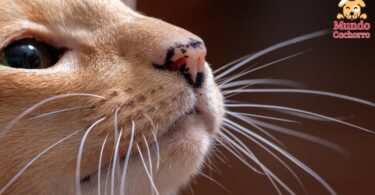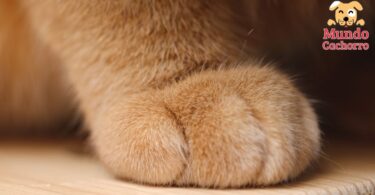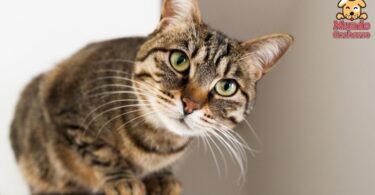The proper diet for a kitten is essential for its growth, development and health throughout its life. In fact, experts say that eating a proper diet will be fundamental to a kitten’s health and well-being. Kittens have a very active metabolism and need specific nutrients to stay healthy.
Indice
What are calming supplements for cats
In this post you will learn about the best way to feed a kitten. In principle, this will be with food made specifically for them. This food must contain adequate nutrients to meet their nutritional needs. Cat foods come in various forms, such as dry, liquid or canned foods. The idea is to choose foods that are made specifically for cats and contain the nutrients needed for their age and activity level.
Care for sphinx cats
Guide to a proper diet for a kitten
Let’s take a look at some recommendations that will serve as a general guide to feeding your kitten.
- Specific food for kittens: Kittens have specific nutritional needs that are not always met by adult cat food. Therefore, it is important to feed a kitten a food specifically formulated for its life stage, as it contains the essential nutrients they need to grow strong and healthy.
- Regular feeding: Kittens need to be fed several times a day, usually three to four small meals. This is important to maintain a constant supply of energy and nutrients for rapid growth.
Is it possible to educate a cat?
- Quality protein: High quality protein is essential for a kitten’s growth and muscle development. Look for foods that have a major protein source, such as meat or fish, as one of the first ingredients on the list.
- Healthy fats: Fats provide energy and are essential for the development of the nervous system of kittens. Look for foods that contain healthy fats, such as fish oil or flaxseed oil.
- Taurine: Taurine is an essential amino acid for cats, and growing kittens need adequate amounts of taurine in their diet. Most high quality kitten foods contain it naturally.
- Carbohydrate sources: Although cats are obligate carnivores, some carbohydrates in small amounts can be beneficial. Look for foods that contain carbohydrates from sources such as rice or oatmeal.
- Vitamins and minerals: Kitten food should contain a wide range of vitamins and minerals essential for healthy growth and development.
- Fresh water: Make sure your kitten has constant access to fresh, clean water. Hydration is essential for your health.
- Avoid toxic foods: Some foods are toxic to cats, such as chocolate, onions, garlic, grapes and raisins. Never offer your kitten these foods.
Consult your veterinarian
It is important to take your kitten to the veterinarian for specific dietary guidance, especially if you have any concerns or if the kitten has specific medical conditions.
What are the stages of a cat’s life?
Your kitten will grow rapidly during its first months of life. That is why it is important to give them an adequate diet to meet their constantly changing needs. It is also important not to overfeed your kitten, as excess weight can lead to health problems as it ages. Consult a veterinarian for specific recommendations based on your kitten’s needs.
Image courtesy of https://pixabay.com, all rights reserved.







